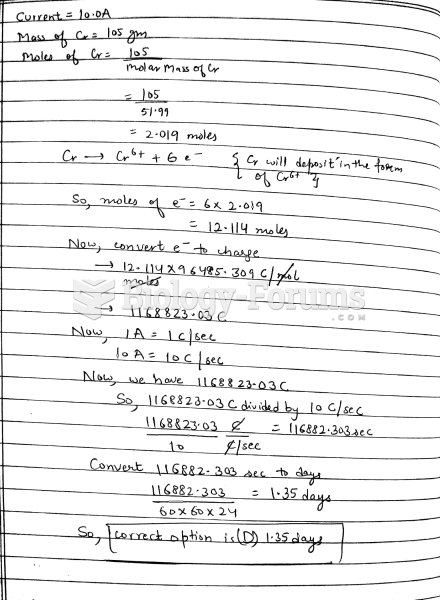This topic contains a solution. Click here to go to the answer
|
|
|
Did you know?
The horizontal fraction bar was introduced by the Arabs.
Did you know?
The familiar sounds of your heart are made by the heart's valves as they open and close.
Did you know?
The newest statin drug, rosuvastatin, has been called a superstatin because it appears to reduce LDL cholesterol to a greater degree than the other approved statin drugs.
Did you know?
Famous people who died from poisoning or drug overdose include, Adolf Hitler, Socrates, Juan Ponce de Leon, Marilyn Monroe, Judy Garland, and John Belushi.
Did you know?
In 2006, a generic antinausea drug named ondansetron was approved. It is used to stop nausea and vomiting associated with surgery, chemotherapy, and radiation therapy.
 (Left panel) The transition level (TL) for moving out of the parental home for 240 young men and ...
(Left panel) The transition level (TL) for moving out of the parental home for 240 young men and ...
 A 2-fold serial dilution showing the result of moving 0.2 ml of green food coloring successively ...
A 2-fold serial dilution showing the result of moving 0.2 ml of green food coloring successively ...





